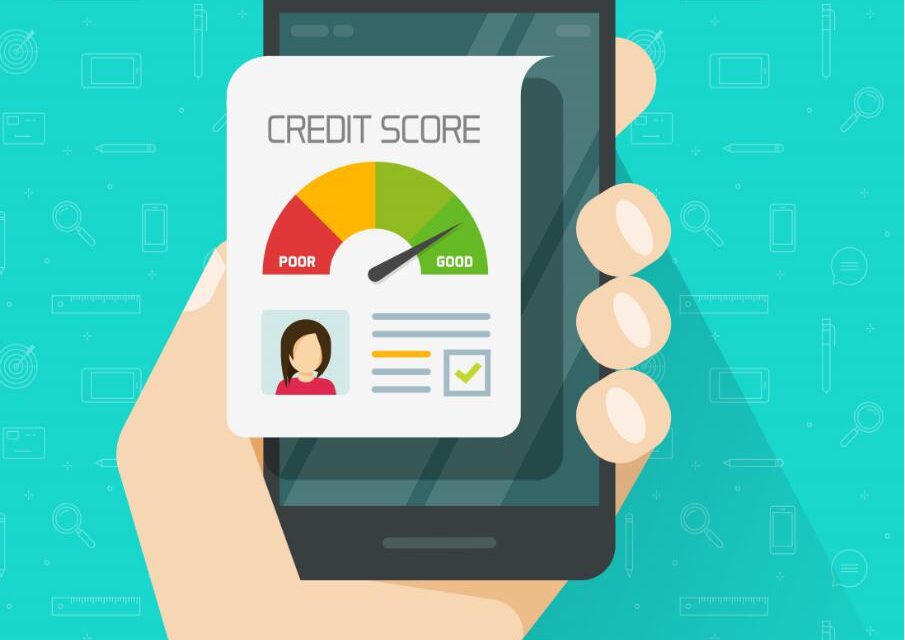CIBIL Check for Home Buyers

What is CIBIL
The Credit Information Bureau (India) Ltd, better known as CIBIL, is the premier agency for providing credit reports and scores pertaining to individuals. CIBIL sources financial data of individuals such as loan and credit card information from leading banks and other financial institutions in India. This data is then presented in the form of a CIBIL credit report, also known as a Credit Information Report (CIR).
CIBIL was incorporated in 2000 and has continued to expand its presence throughout the country. It is backed by Trans Union International and Dun and Bradstreet, which are major global credit bureaus and agencies
What is a CIBIL Score?
The Credit Information Bureau (India) Ltd, popularly known as CIBIL is a Reserve Bank of India (RBI) authorised credit agency. It offers CIBIL scores and CIBIL reports for individuals. A CIBIL score is generated by the bureau after considering an individual’s detailed credit information. The agency also offers credit report services to the banks and other NBFC (Non-banking financial companies). A CIBIL score is a three-digit number between 300-900, 300 being the lowest, that represents an individual’s credit worthiness.
A higher CIBIL score suggests good credit history and responsible repayment behavior. CIBIL scores are calculated on the basis of at least 6 months of historical financial data of an individual. The data is fed into an algorithm with 258 different variables, each with a different weight-age.
Why a Good CIBIL Score is Important for Loans
A CIBIL score is considered as good if it lies between 700 and 900. This will be taken into account by banks and NBFCs when considering a loan application for most retail loans, whether it is a home loan or a vehicle loan.
A high CIBIL score, also called a credit score, has many benefits during the loan application process such as
- Quicker and faster loan application process
- Easier loan documentation process
- Lower interest rates on the loan
- A higher quantum of loan
- Longer or more flexible repayment tenure
- Choice between multiple lenders so that you can select the loan that’s best for you In addition, such a score will lead to a quicker and easier documentation process. When it comes to a home loan, you can expect up to 80% of the total cost of the property if you have a CIBIL score between 700 and 900.
A CIBIL Score is a numeric summary of credit history that is calculated based on the following factors
| 1. Track Record of Past Payments | Record of all past repayments Consistently making payments on time leads to a higher score. Delayed payments leads to a lower score Recent delayed payments makes a more negative impact |
| 2. Previous Settlements, Defaults, Write-offs | Recent write-offs impact more negatively than older ones Multiple write-offs lead to lower score Write offs documented by lenders on previous debts lower score Delays or defaults on secured loan repayments impact more negatively than unsecured loans |
| 3. Loans as Proportion of Income | Low loan balance indicative of healthy credit usage and thus higher score High loan balance reduces score |
| 4. Secured Loans vs. Unsecured Loans and credit cards | High credit card balances lower score Reliance on unsecured loans (credit cards) over secured loans viewed negatively Lesser number of such accounts coupled with frequent payment history pushes up score |
| 5. Loan Equities | Many loan enquirers to avail loans indicative of “credit hungry” behavior, negatively impacts score |
Things that negatively affect your CIBIL score
- Avoid making several credit inquiries at the same time to multiple banks and other institutions.
- Irregular repayment behavior in case of loans, utility bills, and EMIs.
- Turning a defaulter for not paying credit card bills/ making late payments or consistent part payments.
- Having a large amount of unsecured credit such as multiple personal loans.
- Getting rejections for multiple applications of unsecured loans.
- Turning a defaulter as a guarantor for your friends or family members
- Closing old credit accounts that have a long credit history.
- Not checking credit score from time-to-time.
- Not reviewing credit report for a long time.
- Maintaining a high credit utilization ratio (more than 40% of the credit limit)
- No disputing errors in your credit report for a long time.
- Having very low or no credit history.
How to improve your CIBIL score?
A low CIBIL credit score can not only weaken your chances of getting credit at a modest interest rate but can also make it extremely difficult and cumbersome to get loans sanctioned. However, if you follow the simple tips mentioned below, you might be able to maintain and improve your credit score immensely.
- Make payments on time: You must be very punctual about paying off your credit card bills and other utility bills in order to maintain and further improve your CIBIL score. If you have any outstanding bills, ensure that they are fully paid off, in time. Use methods such as online payments or automatic deduction from your account to avoid missing on any payments.
- Do not take too much credit: It is a common notion that having multiple credit cards is an easy way to get credit. However, what home buyers fail to realize is that owning multiple credit cards sends out a signal that you are desperate for credit and this might reduce your chances of getting credit or a home loan when you actually need it.
- Use your credit card wisely: It is essential to use your credit cards wisely. Do not exceed your card limit. In fact, try and use only up to 75 per cent of the limit. This indicates calculated spending, which is a positive point from a lender’s perspective.
- Avoid applying for too many loans: When you apply or enquire about loans with banks, an enquiry from the bank is sent to CIBIL. The higher the number of such enquires with CIBIL, the more pressure it puts on your credit score.
- Keep a check on your credit report: You must get a copy of your credit report periodically to ensure that all details are correct. In case you find any mistakes that might hamper your credit score, you must immediately report it to CIBIL. You can get your credit report on the CIBIL website.
Most lenders have started classifying customers based on their credit score and are offering risk-based pricing on certain loans. The lower the risk, the lower the rate of interest and vice versa.



